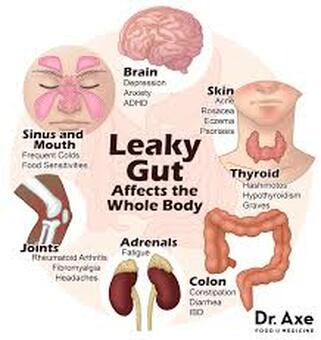 Part I of our health gut series was an introduction into the importance of striving to keep our gut healthy. As we read, gut health is the foundation to our immune system. If we don't take care of our gut health, we disrupt our microdome, which results in damage to the intestinal barrier needed to keep foreign materials out of our blood stream. This leakage of material into our blood stream is also known as Leaky Gut. Lets go back a little bit to address the 4 top struggles that contribute to an unhealthy gut/intestinal/digestive system. 1) Stress Stress changes our hormonal balance within our bodies. With stress we find increased bowel motility and defecation while at the same time reducing gastric emptying time. Stress induced changes in the bowel motility can result in altered gut pH and nutrient absorption causing bacterial overgrowth which leads to vulnerability to pathogenic organisms. Additionally, mucosal barrier disruptions equating into an over stimulation of the immune system. 2) Diet The GI tract is exposed to 30-50 TONS of food in the average lifetime. Too many highly processed foods that are devoid of nutrients needed for health are taking over our food industry. Our diets are consisting of too many refined carbohydrates, hydrogenated fatty acids, food preservatives and food additives. Chronic poor eating places a burden on the digestive tract leading to reduced bowel transit time, sluggish detoxification, and increased inflammation. 3) Medications Drugs (over the counter or prescribed) alter the gut microbia composition. Relying on chemicals comes at a risk of damaging the gut and can be counter intuitive since these drugs have the potential to create future disease development or simply be causing the chronic issues that you are trying to treat. Common examples of medications that do a number on your gut health are:
4) Food Allergies, Sensitivities, & Intolerances Any of the above can be characterized by any negative reaction to food. Food Sensitivities are non allergic immune responses to a component(s) of a food, an example is Gluten. The gliadin protein in gluten triggers an immune response causing inflammation along the inner lining of the small intestinal wall. Food Intolerance is the difficulty digesting certain foods due to a lack of proper enzymes. There is no immune response with a food intolerance, and symptoms are typically limited to diarrhea and/or vomiting. Commonly seen with eggs, milk, and gluten. Food Allergies affect 3% of our population in the IgE category. There are two types of allergic reactions from the body due to a food allergy, IgE and IgG/IgA. A little about our IgA, IgE, and IgG immune responses. IgA, IgG and IgE refer to immunoglobulins, or “antibodies.” These antibodies are part of our immune system, and are produced in response to things we come in contact with on a daily basis. Our bodies make antibodies to foreign substances like bacteria and viral cells, but can also respond to foods, dust, dander, and pollen. Antibodies help the body mount an immune system response (“fight”) against foreign invaders. IgA and IgG reactions are known as delayed response reactions, that include food sensitivities, where IgE responses are immediate and are considered a true food allergy. IgA and IgG reactions may not happen immediately, but can take hours to days to show up in your skin or intestines, and cause symptoms related to inflammation like headaches, fatigue, brain fog, or joint pain. People with food intolerance may experience digestive upset like nausea, constipation, or diarrhea, or skin itching and rashes including conditions like eczema and psoriasis. IgE immediate hypersensitivity reactions are characterized by hives and throat swelling that accompany anaphylactic reactions some people experience when exposed to certain foods. Other symptoms can include wheezing, coughing, a runny nose, vomiting, swelling of the lips or tongue, tearing or redness of the eyes, or even a weak pulse and loss of consciousness. Common foods that trigger IgE reactions are peanuts, shellfish, egg, dairy products, soy, tree nuts, wheat and fish. So how does your gut health contribute to an autoimmune disease? Autoimmune disease is on the rise in a major way. According to the National Institutes of Health (NIH), 23.5 million Americans suffer from a form of an autoimmune disease, but some think that number is actually closer to 50 million. There are at least 80 to 100 different diagnosable autoimmune diseases worldwide, and more are being studied and diagnosed every single day. We turn back to the relationship of the gut and overall health. Also the gut and our immune system, or lack thereof. Let's re-familiarize ourselves with the word below... dysbiosis /ˌdisbīˈōsəs/ an imbalance between the types of organism present in a person's natural microflora, especially that of the gut, thought to contribute to a range of conditions of ill health. Over time, having dysbiosis in your gut microbiome will eventually lead to a leaky gut. If your gut is leaky, food particles, toxins and infections can get through your intestinal lining and into your bloodstream where your immune system detects them as foreign invaders and goes on high alert, attacking them and creating inflammation. One main way inflammation occurs is that the food particles (especially gluten and casein, a protein found in dairy), toxins and infections look very similar to our own body’s cells and our immune system gets confused and accidentally attacks our own tissue, which leads to autoimmunity. This process is called molecular mimicry. Molecular mimicry is defined as the theoretical possibility that sequence similarities between foreign and self-peptides are sufficient to result in the cross-activation of autoreactive T or B cells by pathogen-derived peptides. (*This is google worthy on a snowy day if you are more interested in autoimmune origins.) It’s a cycle that works like this: altered gut microbiome or dysbiosis => leaky gut => food, toxins and infections into bloodstream => immune system attacks body due to molecular mimicry => autoimmune disease. In March of 2018, Yale University did a study on the gut bacteria in humans and mice. They discovered that certain bacteria in the gut (E. gallinarum) is able to trans-locate outside of the gut into the lymph nodes, liver, and spleen. This bacteria attacked tissues outside of the gut and initiated the production of auto-antibodies and inflammation. It was a theory that these foreign substances that leaked out of the gut and trans-located also invaded the incorrect cell space by Molecular Mimicry. 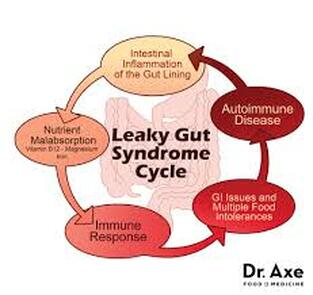 Dr. Axe that helps to simplify and describe the cycle we start to struggle with when health of our gut starts to decline. Symptoms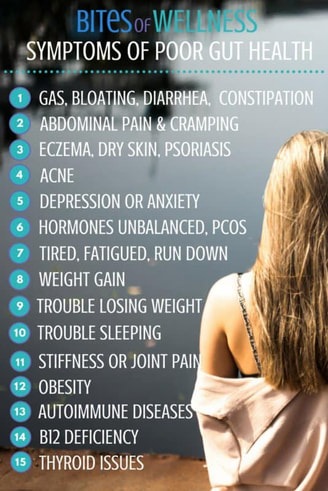 This is a list of symptoms that are the most common with people struggling with poor gut health. It's truly exciting to think that we can start healing many health problems simply with diet. Going back to eating whole foods is understandably not the easiest when McDonald's has your food ready in 2 minutes with barely any clean up, BUT 5, 10, 20+ years from now when you are living with a slew of medical problems and feel miserable every single day you are guaranteed to look back and regret taking the extra time and effort to prevent your problems. Next week we will discuss taking those first steps to heal your gut. I will try to help simplify your plans for eating healthier and simply making better choices for yourself and your family.
0 Comments
“A huge proportion of your immune system is actually in your GI tract,” says Dan Peterson, assistant professor of pathology at the Johns Hopkins University School of Medicine.Welcome to our series on gut health. This is one of those topics that is overwhelmingly MASSIVE and hard to even know where to start. You have likely heard or maybe even researched a little for yourself, on the topic of gut health. Maybe you know that probiotics are pretty good for you, you are just not sure why. I'm just going to scratch the surface a little bit today on gut health, then I will dig deeper for you in the subsequent weeks to come. What is the gut Microbiome? “Just like any other environment on the planet, our bodies have their own ecosystems -- made up of 100 trillion microorganisms, or microbes, that live in and on our bodies," says Rachael Buck, PhD, Abbott's lead research scientist and resident gut health expert. "These include bacteria, fungi, viruses and other types of tiny organisms. It’s so large in fact, that the genes of microbes outnumber our body’s genes by 100 to 1." The Gut Microbiome Explained (© 2019 Abbott) When it comes to the microbiome, the large intestine (or, the colon) receives the most attention because it contains the highest concentration and greatest diversity of microbes in the entire body. The large intestine is lined with a layer of mucus and the microbes that live there form a gut biofilm. The biofilm contains an array of different microbes that carry out different tasks in your body and also work together to keep you healthy.What’s even more fascinating is that each and every person has a unique make-up of microbes. What determines the different types of microbes in a person is a result of ones genes, age, gender, diet, hygiene, and even the climate you live in and your occupation. In fact, studies show that the gut microbiome affects everything from pain, mood, sleep and stress, to how our bodies use the food we eat and how we fight off infection.
|
The quality of healing is directly proportional to the functional capability of the central nervous system to send and receive nerve messages. |
Dr. Kallie
Write something about yourself. No need to be fancy, just an overview.
So I'm going to be straight to the point and simple here. Regardless of what all of those weight-loss salesmen, or social media ads tell you. so you buy into their latest and greatest new trend, there is 1 single and simple rule to drop weight...
ENERGY IN < ENERGY OUT
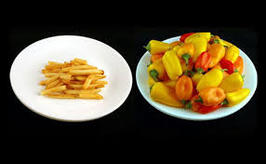
Now you have the basic rule, (calories in must be less than calories burned) so the next step is figuring out your basic caloric needs BMR (basal metabolic rate). This is the lowest amount of calories your body needs to maintain vital functions. There are numerous websites that have calculators to figure this out for you. If you enjoy a little mathematical challenge, feel free to use the following:
Women: BMR = 655 + (4.35 x weight in pounds) + (4.7 x height in inches) - (4.7 x age in years)
Men: BMR = 66 + (6.23 x weight in pounds) + (12.7 x height in inches) - (6.8 x age in years)
Important Point: Often times people think this number stays the same throughout there weight-loss. This is not the case at all. As you can see, it is dependent on your current weight. You need to recalculate this number frequently because the number will continue to decrease as it takes less energy for your body to function at a lighter weight.
My example: 655 + (4.35 x135) + (4.7 x 67) - (4.7 x 39)
655 + (587.25) + (314.9) - (183.3)
655 + (718.85) = 1374 calories/day
If I were to literally sit on the couch all day and do nothing, I would only need to eat 1374 calories from food to keep my body functioning without having to use stored energy (fat) to survive. To put this another way, I still will not lose weight if I drop my calories to 1374/day if I'm not moving at all during the day. This number is a pretty big shock to some, as it needs to be. One of the biggest fallacies is to think you are active simply because you get out of bed, do a few chores here and there, go to and from work or school, etc. You are actually NOT expending that much more energy then the BMR number. Personally I can't imagine eating only 1374 calories a day, I would feel completely starved and very HANGRY. This is where the first steps to become more active come into play "exercise", and eating healthy whole foods. The more calories you burn, the more calories you are going to be allowed to consume and still stay under your projected calories needed in a day. The eating healthy whole foods is SO important. The biggest factor to me is you can simply just eat SO MUCH MORE food when its healthy and a whole food.
I'm going to get much more in depth with macro counting and food choices, plus dieting styles soon because it all ties in together and again, helps your knowledge foundation.
Side note #1: I do not judge any diet type as being better for you or not. I believe each is a tool for personal preference. The trick is finding what works best for you and can turn into a lifestyle and not just a fad diet. I know Keto is the latest "greatest" weight-loss method and I am absolutely "pro" keto if it helps you and is sustainable. I do believe it has its place and I could write a completely new blog about just Keto, but I'll try to keep this a short version. Like low carb, you have very low to now carbohydrates, boom-bye bye glucose. No more carbs and glucose in your body, good bye water retention from the body holding onto those glucose molecules. No more sugars to burn, and the body turns to fat. Anyone that tells you you can eat as much fat as you want and still lose weight is full of horse poo. Yes, you are going to quickly drop water retention weight, but your body is not going to dip into its fat storage if you have too much readily available. Like I started out with, you STILL have to create a deficit.
Side note #2: This is just a personal note from me to you. One of the best investments I have made with my fitness lifestyle is a fitbit. I ABSOLUTELY LOVE IT! I really thought they were a waste for so long, but I don't regret this purchase at all. There are a lot of different smart/fitness watches out there by now I'm sure, so if you are remotely interesting in one then make sure to research what might work best for you. I chose to go with the Fitbit Ionic because of all of the features. Yes, I budgeted for it since it's a bit expensive, but worth every penny to me. Obviously it is a watch and step counter, but it also fully links to my phone for updates from my email, texts, calls, calendar, and weather alerts. The watch now has apps to GPS locate all of your walks/runs, biking, hiking, skiing, etc. Mine is water resistance for water sports, plus has a heart rate monitor, sleep monitoring, exercise goals, music downloads, and SO MUCH MORE. Lastly, and almost my favorite, is the calorie counter. You can open the fitbit app on your smartphone, input all of your information and get help with your nutritional goals while it keeps track of your calories left for each day. The database for food is great and its always right there with you. I'm pretty sure the Fitbit Blaze and Versa are very similar to mine also. If you can budget for it, I don't think you will be disappointed in the purchase. I've learned so much about my own habits from it, plus it keeps me VERY motivated to keep moving throughout the day to rack up those steps. You might be very surprised how few steps you take in a day if you don't make movement a priority.
Before I leave you for the week, I'm going to give you something to work with again. Next week we are going to get into counting Macros and the many different ways to configure your macros. In order to make this useful, you need to keep track of EVERYTHING you eat. I'm not asking that you count for the next 7 days, maybe try 2 weekdays and 1 weekend day and write everything down. There are tons of apps on smartphones now that will help you count all of your calories and even macro divide them for you. My Fitness Pal, Loseit, fitbit, and many more that can assist you. Please don't cheat yourself and be diligent about writing everything down. If you snuck a bit of a muffin or cookie, you need to count it. Remember, this isn't a punishment at all, it's laying the foundation for your new healthy lifestyle. Stay tuned to the next few blogs as I go a little bit further in depth with the different types of dieting/eating habits to help you build that educational foundation.
I'm already proud of the steps you are taking and happy to be in this journey with you.
Till next week...
Dr. Kallie
Health and Fitness Series
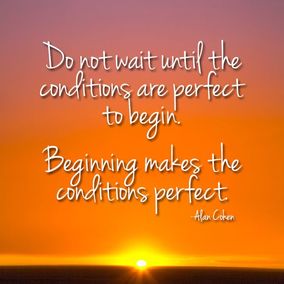
What about digging out that swimsuit for the beach or the boat? I'm pretty sure a lot of honest people can say they get a little worried that everything will fit. It really doesn't matter if you are in great shape or not, we almost all feel it and its okay. With that being said, it helps your confidence knowing that you have kept yourself active and continue to eat healthy...or maybe not.
I'm really excited to spend some time this summer sharing my experiences and thoughts about health and fitness with everyone. As a Doctor of Chiropractic, I've studied the physiology of the body and health in depth. As a woman, mother of three, and nearing 40 years of age, I have a little bit of experience to throw on top of it all. Getting healthy and fit or staying healthy and fit is a lifelong process. One of my favorite quotes, "Success isn't owned. It's leased, and rent is due every day." ~J.J. Watt
This summer I will bring to you my knowledge and experience with becoming a better you and more knowledgeable you. Nothing is an exact science and every single person on this planet is different. So open yourself up to learning about what YOU need to make YOU a healthier version of you. You only get this life once, don't miss out on the best parts of it because you have let yourself go. Let's get started!
Love Yourself

Listen to this closely, you cannot compare yourself to anyone but yourself. This is one of the best examples I can give to you, I've seen a heavy set person (maybe 20-40 lbs overweight) destroy a half marathon, and I've seen a shredded lean person not be able to run 200yds. So which person is healthier? I am not going to get into the nitty gritty with that one, but I know I'd much rather be overweight and able to run with my kids then a skinny couch potato.
Success is measured at so many different levels. Personally I think absolute success is someone whom is 100% confident in the way they feel, look, and function.
FUNCTION: "Can you pick up your bike and go for a ride with your friends or kids without any hesitation of your physical stamina?" "What about doing a summer 5K with you kids or friends?" "Can you simply stay active and moving at your job without feeling exhausted by the evening?"
LOOK: "Do you feel confident pulling the summer clothes back out?" "What about throwing on that swimsuit for this weekend?" Super personal question, "Do you feel confident in your birthday suit?"
FEEL: "Do you feel successful?" "Have you accomplished all of the above?"
If you feel you are succeeding, then I am so proud of you. You are doing great and a wonderful inspiration to others. "Is it time to step it up and make a few or a lot of changes to make a better you?" Let's not wait anymore and get moving.
Next post I am going to go over some basics. There are hundreds of different trends and philosophy's out there that try to suck you in without really teaching you the basics of health and fitness. The actual process is not rocket science, but knowing how to weed out the junk is far more work.
Challenge of the week: Find a journal and be ready to use it. Write down 5 things you love about yourself and 5 things you want to improve on for our future journey.
Dr. Kallie Wegmann
Although you've got one foot on the gas, subluxations can put the brakes on your progress. Subluxations are troublesome misalignments in your spine that irritate your Nerve System and rob you of your potential health energy. The effect is like trying to drive with your brakes on. You've got your fitness throttle wide open, but you're going nowhere fast.
If you want to stop spinning your wheels when it comes to your health, prioritize your spinal care. When it comes to unleashing more health horse power, nothing releases the brake like chiropractic can.
Authors
Dr. MJ Wegmann,
Dr. Kallie Wegmann and Dr. Chelsea Bachelor bring you the latest in health, fitness, wellness & prevention and science-based spine research.
Archives
July 2023
April 2023
March 2023
February 2023
January 2023
May 2020
April 2020
December 2019
June 2019
April 2019
February 2019
January 2019
October 2018
September 2018
August 2018
July 2018
June 2018
May 2018
Categories
All
Fasting
Fitness
Gut Health
Healing
IF
Leaky Gut
Nutrition
Research
Spine
Subluxation
Summner
Supplements
Thyroid
Wellness

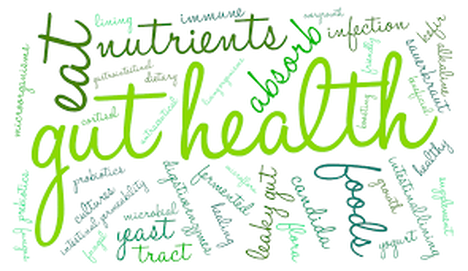
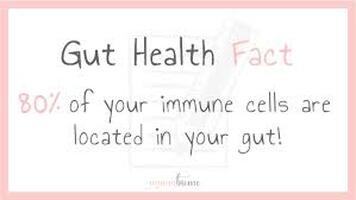


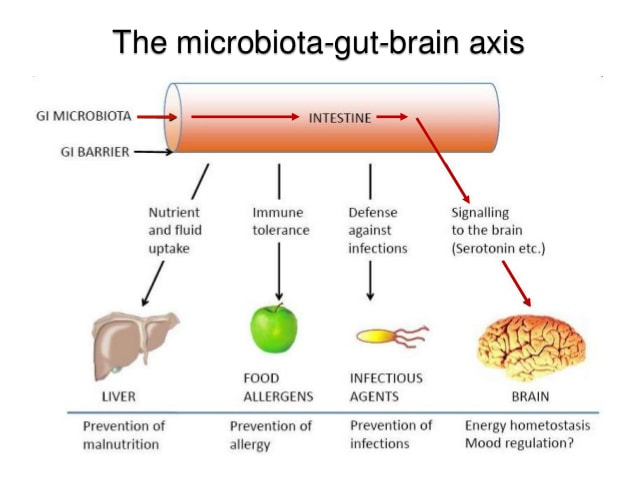
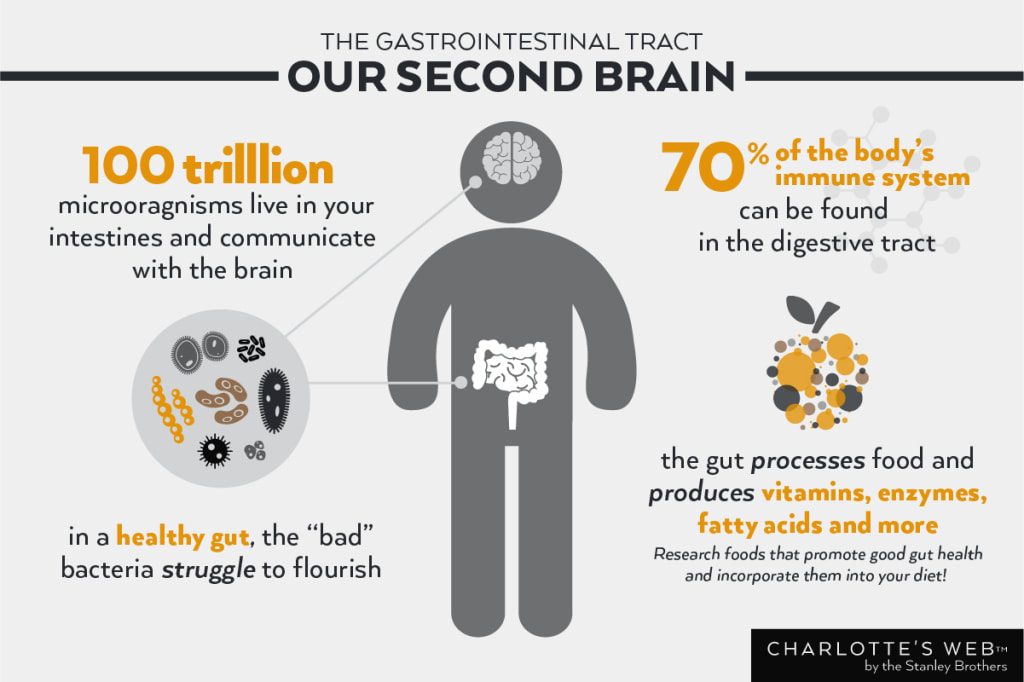
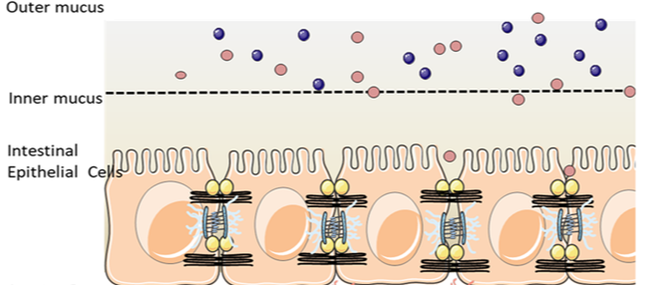
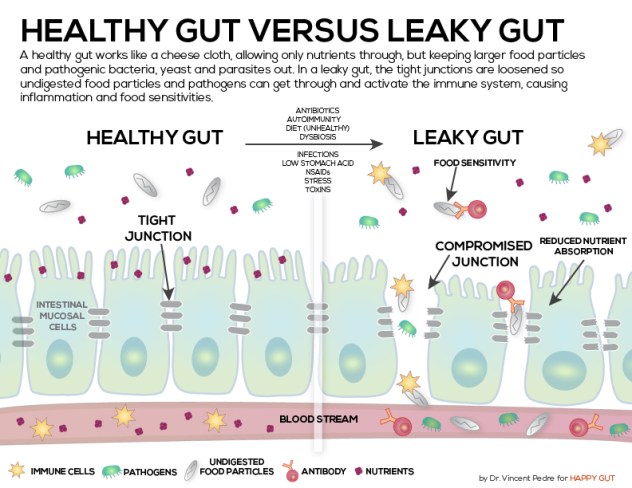
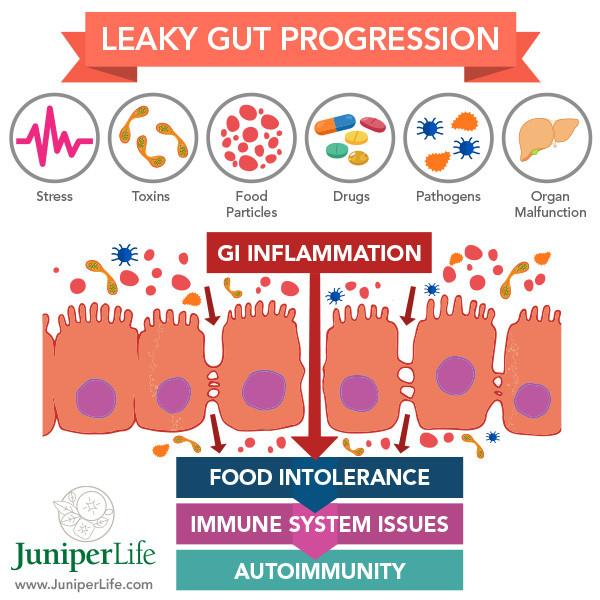

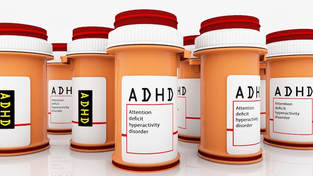
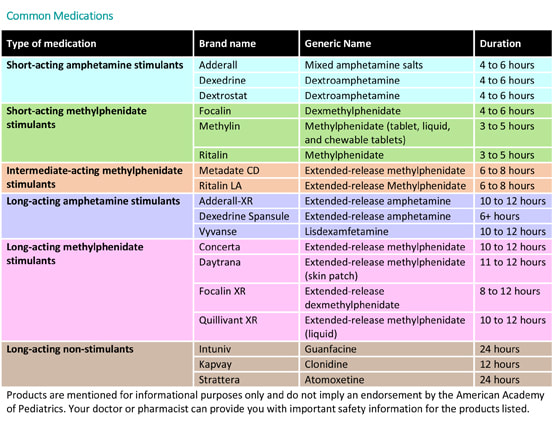
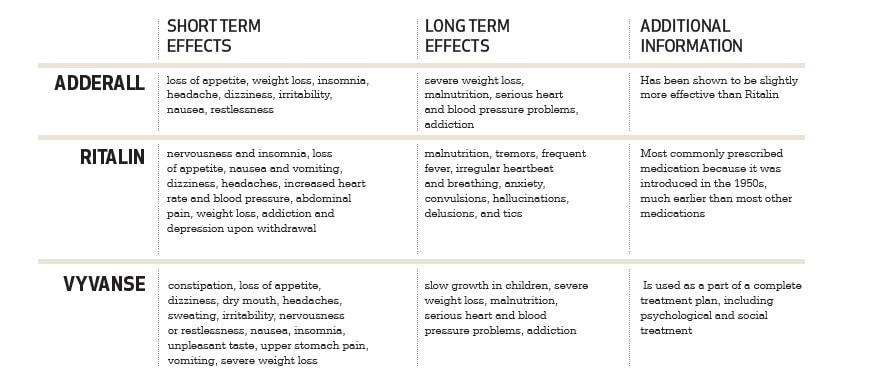
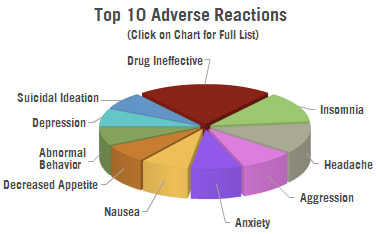



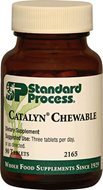
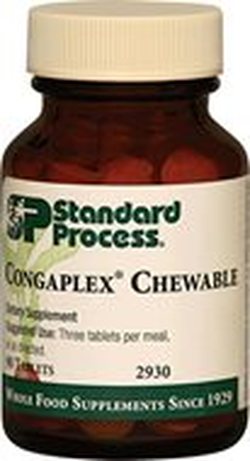
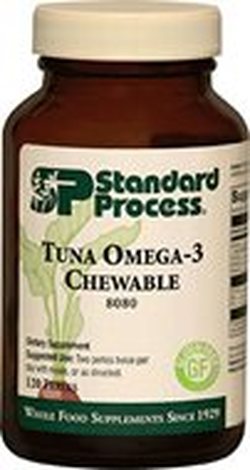
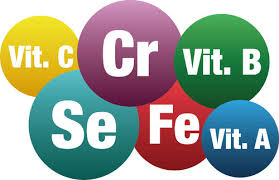
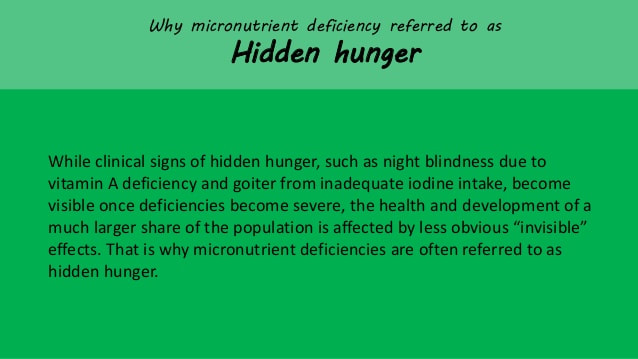
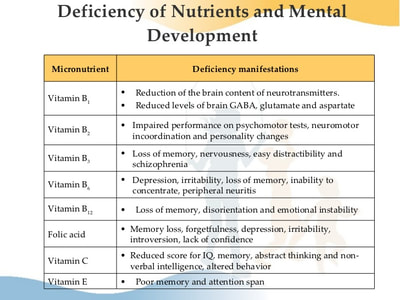
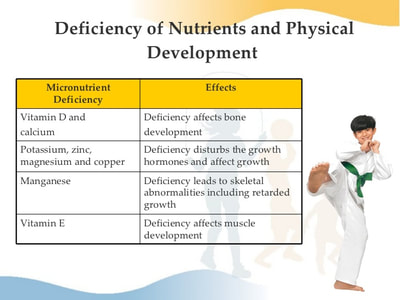
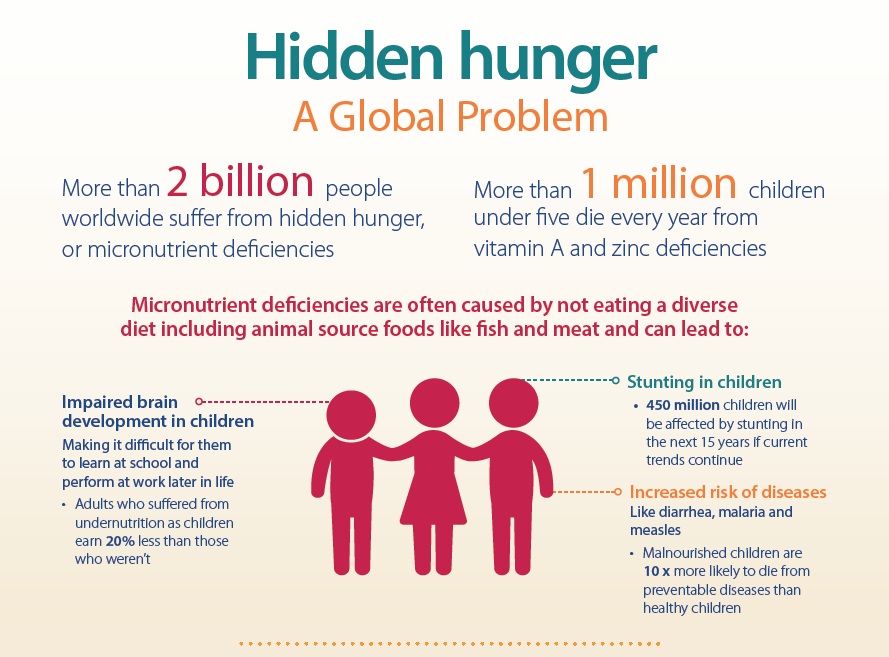
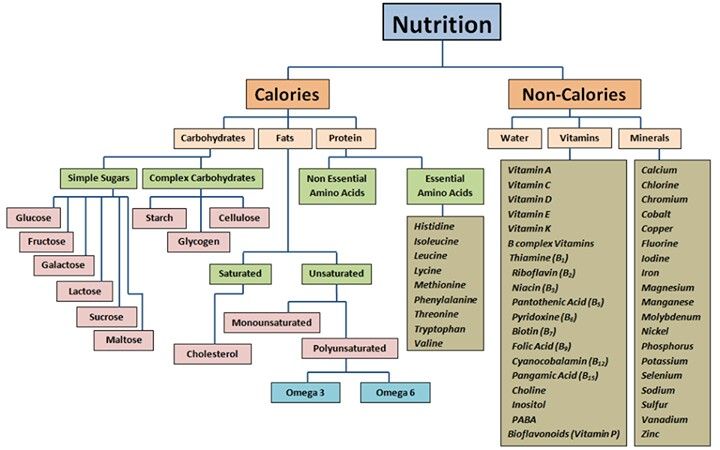
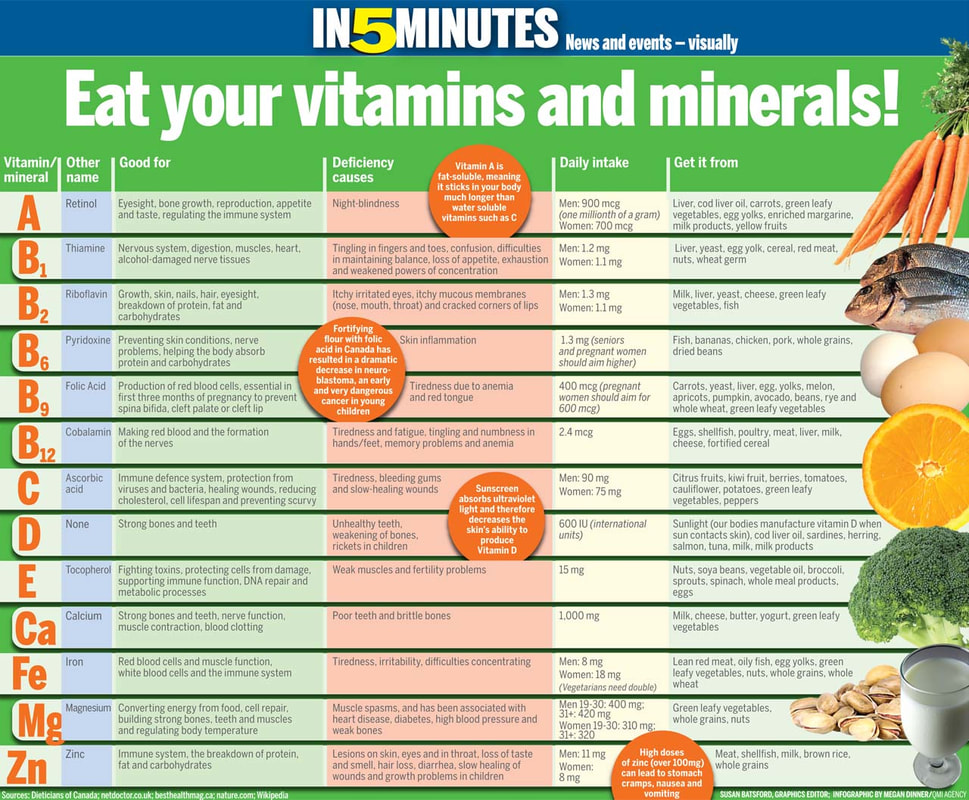
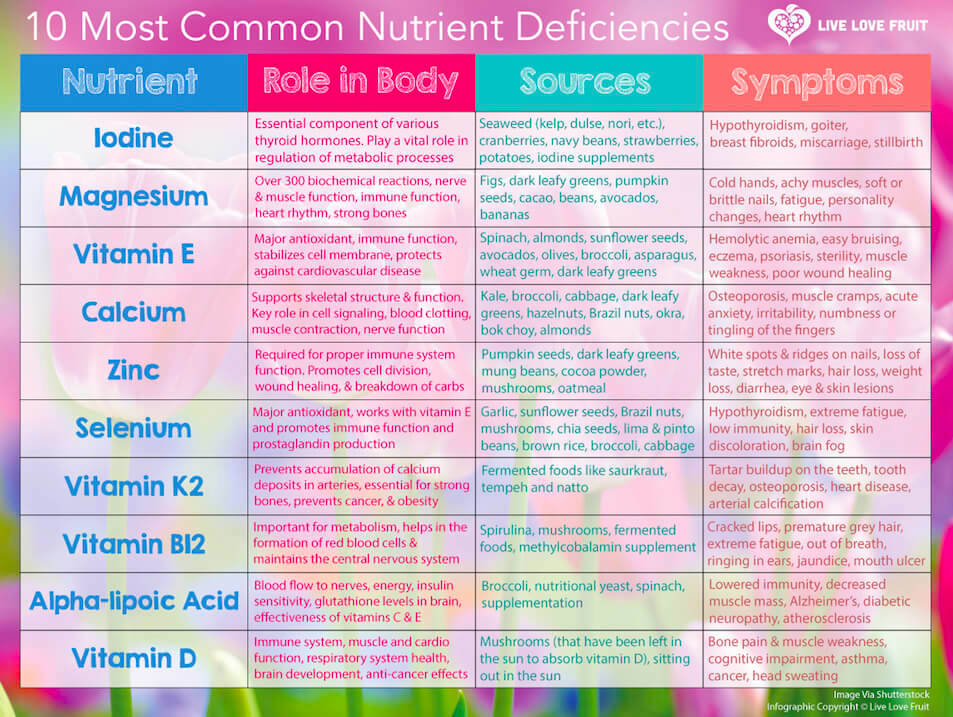
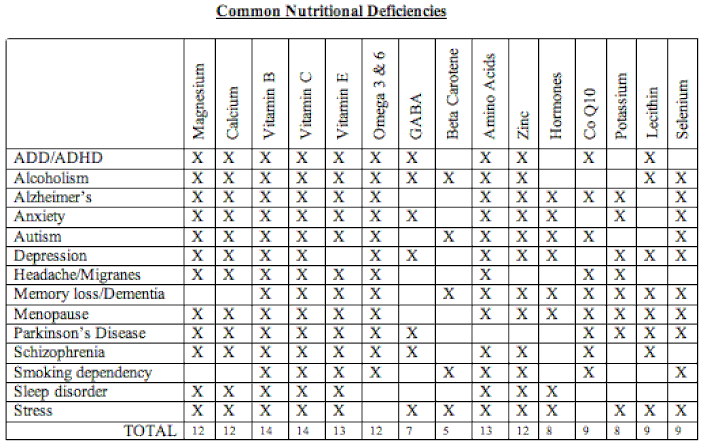
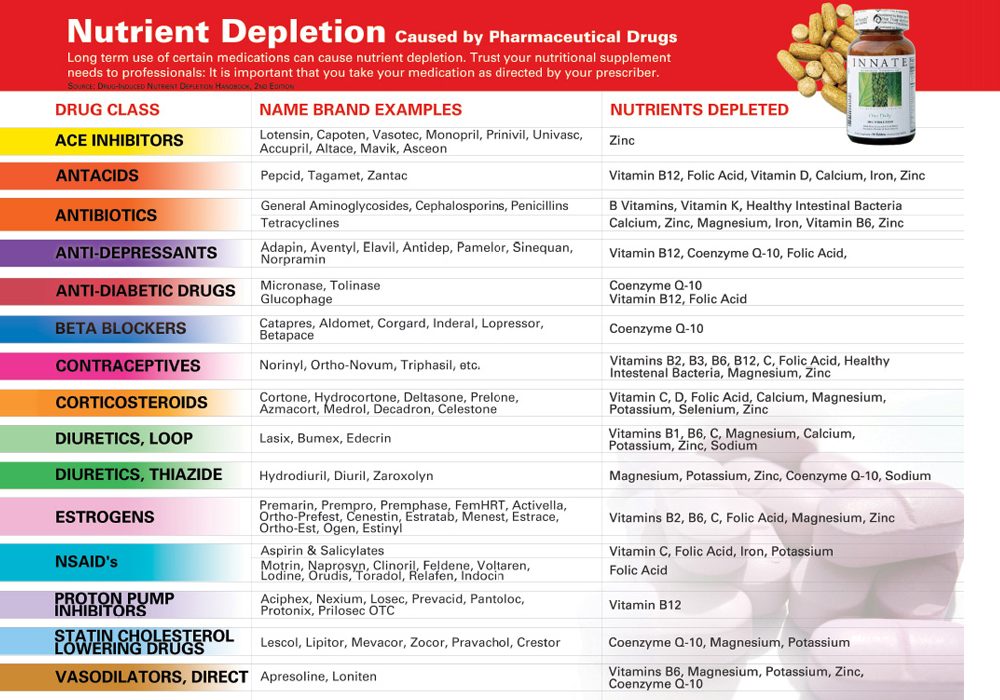

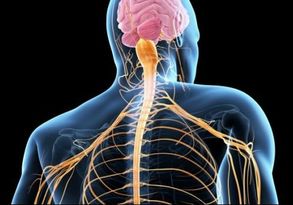
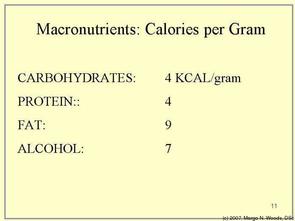

 RSS Feed
RSS Feed